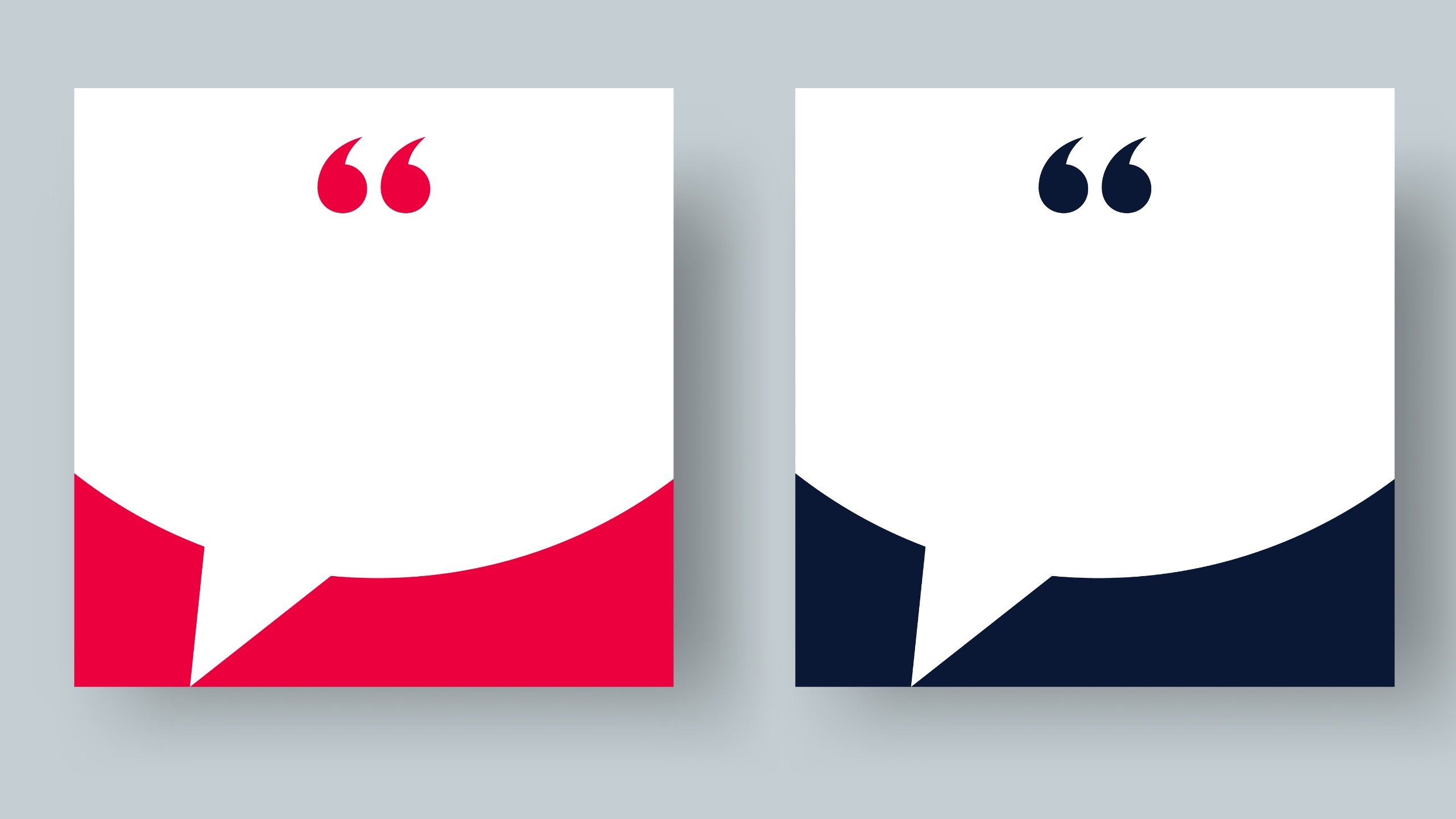
The technological advancement of artificial intelligence (AI) chatbots and generative models has significantly reshaped the media landscape, sparking a critical debate over copyright infringement and content creation.
The News Media Alliance (NMA), a voice in the industry, has raised concerns, asserting that AI developers are unlawfully scraping copyrighted news content.
Copyright Clash: The Impact on News Publications
On October 30, the NMA presented a detailed 77-page white paper supported by a submission to the United States Copyright Office. The group argued that AI models predominantly utilize datasets filled with content from news publishers, significantly more than other sources. This practice, they claim, results in AI outputs that frequently replicate publisher content, infringing on copyright and placing AI models in direct competition with traditional news outlets.
On Monday, the News/Media Alliance published a White Paper and a technical analysis and submitted comments to the @CopyrightOffice on the use of publisher content to power generative artificial intelligence technologies (#GAI). https://t.co/Zr05e7nZTS
— News/Media Alliance (@newsalliance) October 31, 2023
The NMA emphasizes that while publishers invest time and resources and shoulder the risks associated with journalism, it is the AI developers who gain the benefits in terms of user engagement, data collection, and advertising revenue. This situation leaves publishers facing severe implications, including diminished revenues, fewer employment opportunities, and damaged relationships with their audience.
Striving for Balance in Copyright and Innovation
In response to these challenges, the NMA has put forth a series of recommendations. They urge the Copyright Office to recognize that monetizing AI systems using publisher content harms the media industry. They also advocate for implementing diverse licensing models and transparency measures to curb the ingestion of copyrighted materials.
Moreover, the NMA encourages the adoption of measures to prevent the scraping of protected content from third-party websites. Despite their reservations, the group acknowledges the potential benefits of generative AI, highlighting its utility in proofreading, idea generation, and search engine optimization.
Challenges and Future Prospects
The increasing use of AI chatbots in the past 12 months, with notable examples including OpenAI’s ChatGPT, Google’s Bard, and Anthropic’s Claude, has not gone without scrutiny. These platforms have faced legal challenges and criticism over their training methods, accused of violating copyright laws.
In July, comedian Sarah Silverman took legal action against OpenAI and Meta, alleging they used her copyrighted material without authorization. Furthermore, OpenAI and Google have faced separate class-action lawsuits over allegations of scraping private user information from the internet.
When it comes to #AI, copyright law must continue to strike a balance between the rights of creators & continued innovation, while preserving core existing copyright principles & the paramount role of fair use. Read our comments to @CopyrightOffice here: https://t.co/MblPrx2AN7
— Consumer Tech Association (@CTATech) October 31, 2023
In response, Google has committed to assuming legal responsibility for copyright infringement allegations related to its generative AI products on Google Cloud and Workspace. However, this protection does not extend to its Bard search tool. This move aligns Google with other tech giants like Microsoft and Adobe, which have also pledged to protect their users from copyright infringement claims.
The intersection of AI and copyright law represents a complex and evolving terrain requiring careful navigation. As AI continues to permeate different aspects, maintaining a balance between supporting innovation and preserving content producers’ rights is critical.
The constant discussion between AI developers, media organizations, and legal bodies is essential in establishing common ground and assures a fair and sustainable future for both AI technology and the news media sector. With a collaborative approach, it is possible to harness the benefits of AI while upholding copyright laws and supporting the vital work of news publishers.
- SEO Powered Content & PR Distribution. Get Amplified Today.
- PlatoData.Network Vertical Generative Ai. Empower Yourself. Access Here.
- PlatoAiStream. Web3 Intelligence. Knowledge Amplified. Access Here.
- PlatoESG. Carbon, CleanTech, Energy, Environment, Solar, Waste Management. Access Here.
- PlatoHealth. Biotech and Clinical Trials Intelligence. Access Here.
- Source: https://metanews.com/ai-chatbots-accused-of-copyright-infringement-by-media-group/



